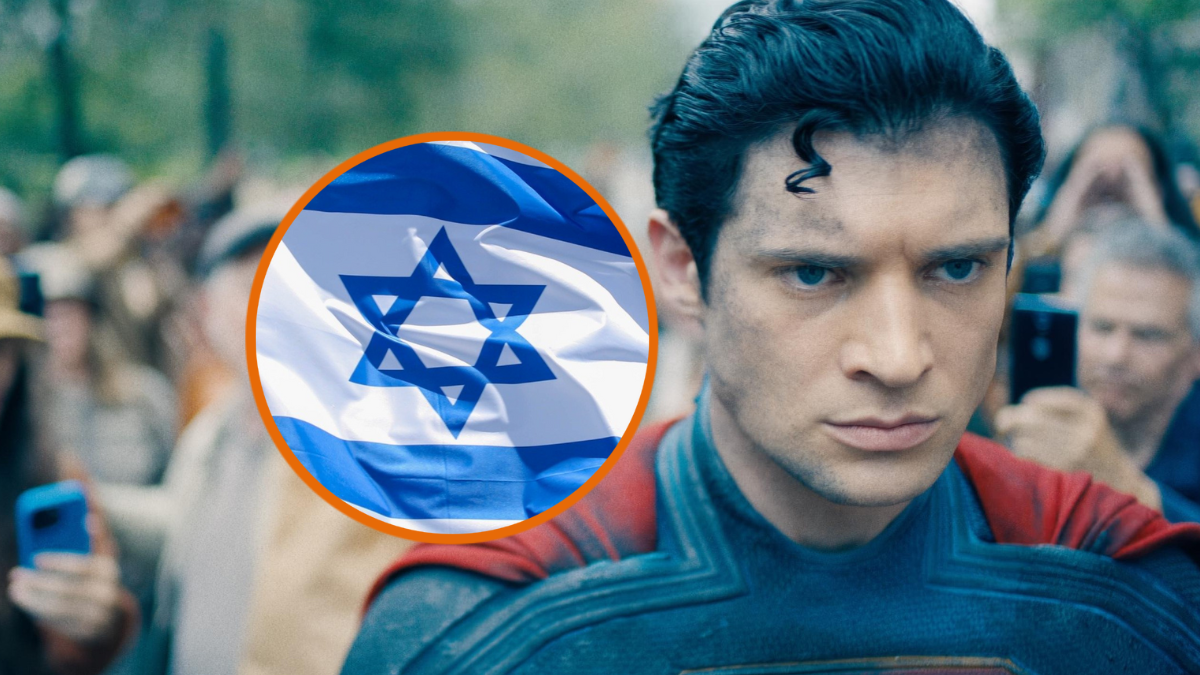
Since we live in a world where technology is constantly adapting to new conveniences, many horror movies tend to do the same. Constant cell phone usage mean victims always have a chance of contacting help, social media makes it much easier for legends to spread, and the internet makes information gathering all-too easy. But in keeping up with the times, filmmakers have forgotten how easy it was to execute horror in the olden days – except production-designer-turned-director Robert Eggers. Winding the clock back to colonial times, Eggers’ first feature, The Witch, is a brooding, pitch-black thriller about a family of English settlers who deal with supernatural beings that lurk in the surrounding woods.
Famine, deathly illnesses, and evil witches. What a time to be alive!
Ralph Ineson plays the patriarch of the house, William. Along with his wife Katherine (Kate Dickie), they construct a farm in the middle of nowhere that’s inhabited by their children Thomasin (Anya Taylor-Joy), Caleb (Harvey Scrimshaw), Jonas (Lucas Dawson), Mercy (Ellie Grainger), and their baby, Sam. Thomasin is the eldest, and cares for her siblings, until a game of peek-a-boo ends with Sam’s disappearance. William blames the tragedy on wolves, but talk of black magic begins to enter the mix when hardships continue. It’s not long before Mercy and Jonas start calling Thomasin a witch (because their sheep Black Phillip told them), and Caleb finds himself put under a hex after traveling too far into the woods. With their safety in constant jeopardy, William tries to keep his family together – but as Katherine watches her children suffer, she begins to accuse Thomasin of witchcraft, and a search for truth begins.
What’s brilliant about The Witch is that while Egger’s visuals showcase what has made him such a successful production designer, the horror writes itself. This is a time in New England history when people prayed away illnesses, blamed atrocities on the unexplainable and fell into a state of constant paranoia based on the simplest human needs. Individuality was thought to be brought upon by the Devil, as colonists used witchcraft as a blanket excuse for anything bad.
Honestly, what’s more horrifying – a cackling old witch who puts a curse on the innocent, or a brainwashed family who stands in a circle chanting incantations while their son coughs up blood, writhing in pain? Egger’s time-capsule, on a grander scale, finds horror in a colonial dementia that accounted for unspeakable acts in the name of cleansing the world of black magic, and its authenticity is remarkable.
As strange as this may sound, The Witch loses traction by actually including buxom, blood-drenched witches in full view. Had Eggers simply left the satanic garble in question, we’d be graced with a whimsically tense tale built on a constant questions of each character’s sanity. But in knowing the witches are real, Eggers’ story becomes a more straight-forward haunting flick heightened by beautiful imagery. Psychological horror outweighs visual creeps in The Witch, but by revealing the source, glimmers of power are lost.
I’ve already mentioned that Eggers is making his feature debut with The Witch, but his technical skills and directorial confidence suggest otherwise. This is a damn fine period-piece that immerses itself in a bygone era, from religiously-based dialogue to costumes that model the time’s bland charm. Eggers fully commits to living in the 1630s, and his style captures the pure isolation of living so far from what was considered civility at the time. It comes down to intricate little details – like Jonas and Mercy having conversations with their horned black sheep because there was no one else to talk to – but that same details blur the line between juvenile fantasy and Lucifer’s whisper. Eggers’ stranglehold on tensions is thanks to intelligently-placed events that could be explained as witchcraft or natural occurrences, as Thomasin fights to prove her holy alignment.
The cast might as well have been comprised of time-warped settlers, as each actor embraces a life of simplicity with ease. Anya Taylor-Joy speaks poetically as she works her way around the farm, but shows a tremendous emotional depth when thrust into the role of a scapegoat. Ralph Ineson is strong and coarse as William, and Katie Dick digs deep to find motherly instincts that scream for sympathy, but their children are impressively restrained in their past-century roles.
Taylor-Joy exudes much promise as a young starlet by reacting to a host of dramatic beats – from playful jests to gory deaths – and Harvey Scrimshaw keeps tensions at a maximum by remaining constantly on-edge about the possibility of dangers hiding beyond the withered treescape. Even young Lucas Dawson and Ellie Grainger find their place by turning innocent games into accounts of blasphemy, simply by not knowing better – crucial moments that compare their meaningless jests to the otherwise insane beliefs and colonial superstitions. Everyone finds a role in this family, and no character renders themselves useless.
The Witch is an artfully ambitious debut for Robert Eggers, but its unique, colonial charms lend mightily to a horrific time period of evil cultists who’d sell their soul to Lucifer to live a life of opulence. It’s bold, confident, and naturally tense, but most of all, it’s an aesthetically pleasing nightmare that could have hundreds of stills sold as singular pieces of illustrated poetry. You won’t be terrorized by malicious monsters, but Eggers’ haunting concoction of desolation, paranoia, and talking farm animals makes for a voracious take on pre-Salem witch material that might just rejuvenate horror’s spotlight on the past – if filmmakers are smart enough to follow suit.










Published: Sep 30, 2015 07:07 pm